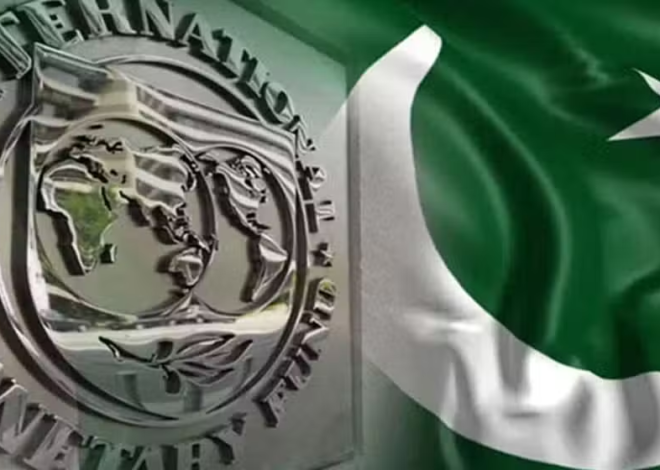
Madrassah Agreement 2019 Deemed Ineffective by JUI-F
The Jamiat Ulema-e-Islam-Fazl (JUI-F) has expressed strong dissatisfaction with the Madrassah Agreement of 2019, calling it a symbolic gesture with no practical implementation. The agreement, aimed at incorporating madrassahs into Pakistan’s formal education system, was hailed as a significant step towards modernization. However, JUI-F leadership argues that it has remained “nothing but a piece of paper.”
The party’s concerns include a lack of adequate funding and resources promised to religious seminaries. JUI-F leaders have also criticized the absence of structural reforms, particularly in providing opportunities for madrassah graduates to integrate into the mainstream workforce. They contend that without genuine collaboration and sustained efforts, madrassahs continue to operate in isolation from Pakistan’s broader educational landscape.
Moreover, the party highlighted the government’s failure to address bureaucratic hurdles that hinder progress. They emphasized that reforms should respect religious sensitivities while achieving academic integration. The stalled implementation has amplified mistrust between madrassah administrations and policymakers, creating an environment of skepticism.
This criticism from JUI-F adds to ongoing debates about Pakistan’s educational priorities, as madrassah reform remains a contentious issue. The situation calls for renewed dialogue and actionable policies to bridge the divide between religious and formal education systems







